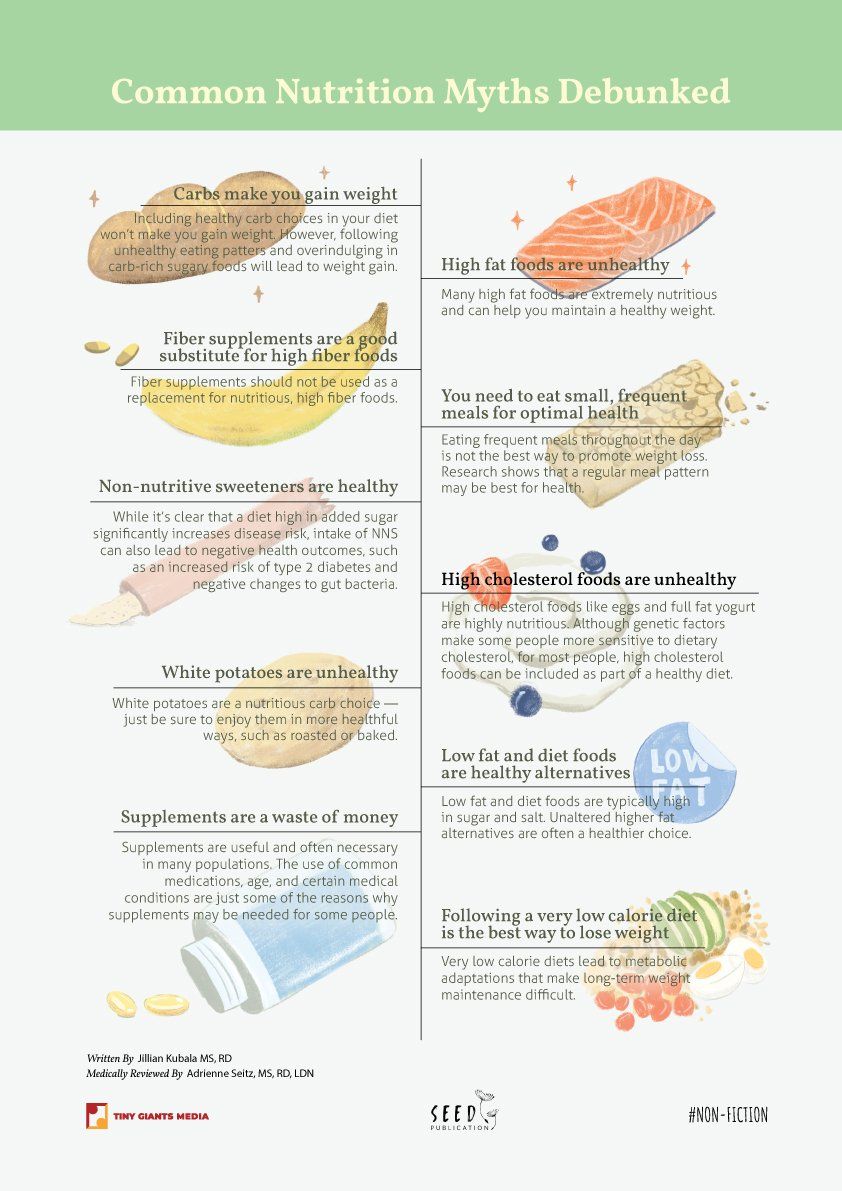
Dietary supplements have become increasingly popular in recent years, with more and more people turning to them to support their overall health and well-being. However, along with the growing popularity of supplements, there has also been a rise in myths and misconceptions surrounding their use. In this article, we will debunk some of the most common myths about dietary supplements, separating fact from fiction.
Myth #1: Dietary supplements are not necessary if you have a healthy diet
Many people believe that if you eat a well-balanced diet, you do not need to take dietary supplements. While it is true that a healthy diet can provide most of the nutrients your body needs, there are certain situations where supplements may be necessary. For example, certain vitamin deficiencies may require supplementation to prevent health problems. Additionally, factors such as age, gender, and lifestyle choices can impact your nutrient needs, making supplements a helpful aid in achieving optimal health.
Myth #2: All dietary supplements are safe and effective
Not all dietary supplements are created equal, and it is important to do your research before taking any new supplement. While many supplements are safe and effective when used properly, some can interact with medications or have harmful side effects. It is always best to consult with a healthcare provider before starting any new supplement regimen to ensure that it is safe for you.
Myth #3: Natural supplements are always better than synthetic supplements
There is a common belief that natural supplements are always superior to synthetic supplements. While natural supplements may have certain benefits, such as containing additional nutrients or antioxidants, it is not always the case that they are better than synthetic supplements. In fact, some synthetic supplements have been shown to be more bioavailable and effective than their natural counterparts. The key is to choose high-quality supplements from reputable brands, regardless of whether they are natural or synthetic.
Myth #4: It is safe to take as many supplements as you want
Some people believe that more is better when it comes to dietary supplements and may take multiple supplements in high doses without realizing the potential risks. Overloading on supplements can lead to nutrient imbalances, toxicity, and adverse reactions. It is important to follow recommended dosage guidelines and consult with a healthcare provider to determine the right supplement regimen for your individual needs.
Myth #5: Dietary supplements can cure or prevent all illnesses
While dietary supplements can play a valuable role in supporting overall health and well-being, they are not a cure-all for all illnesses. Supplements should be used as part of a comprehensive approach to health that includes a balanced diet, regular exercise, and other healthy lifestyle choices. It is essential to manage your expectations and understand that supplements are meant to complement, not replace, traditional medical treatments.
Conclusion
As the popularity of dietary supplements continues to grow, it is important to separate fact from fiction when it comes to their use. By debunking common myths about dietary supplements, we can make informed decisions about our health and well-being. Remember to always consult with a healthcare provider before starting any new supplement regimen and prioritize quality and safety when choosing supplements for optimal health.
Stay informed, stay healthy!